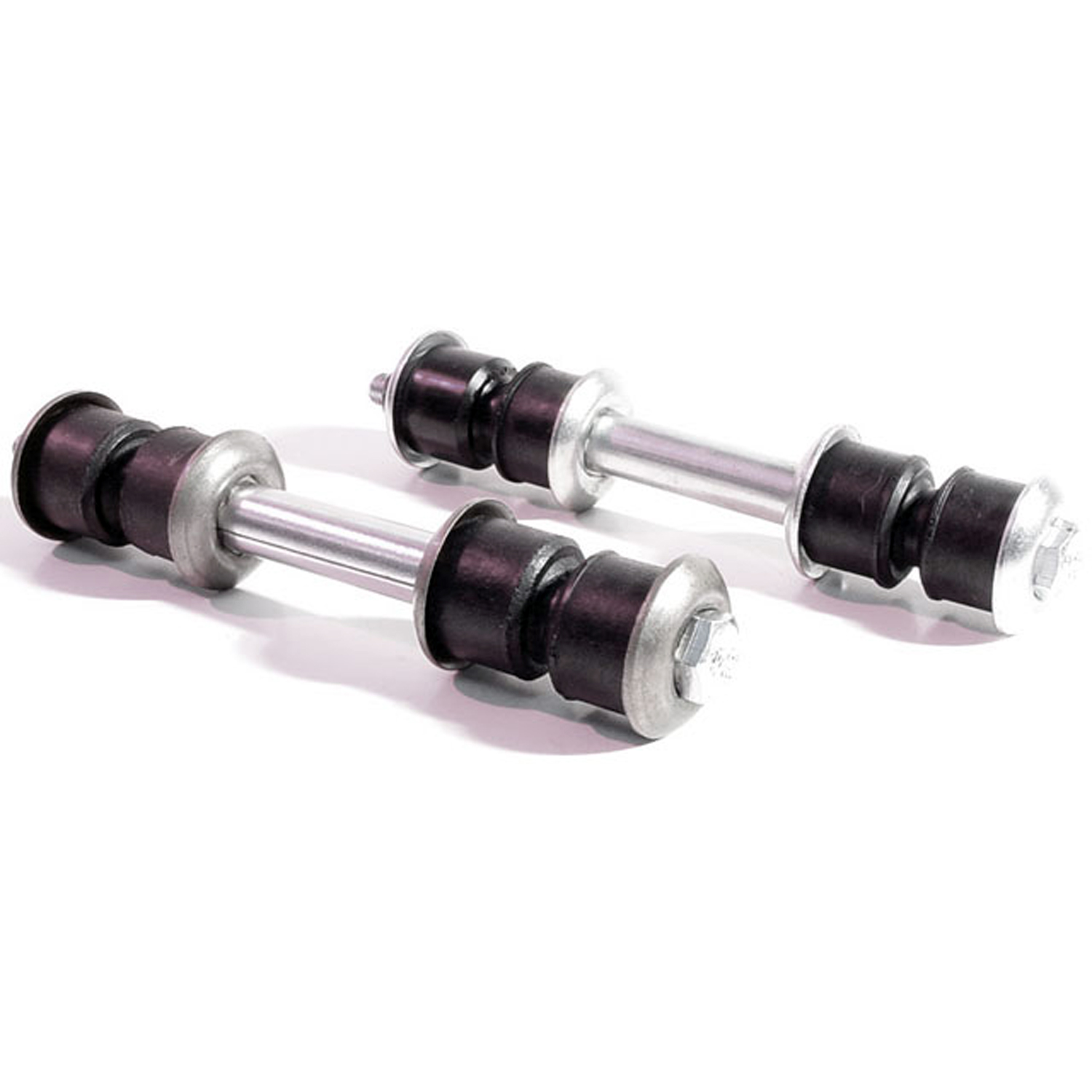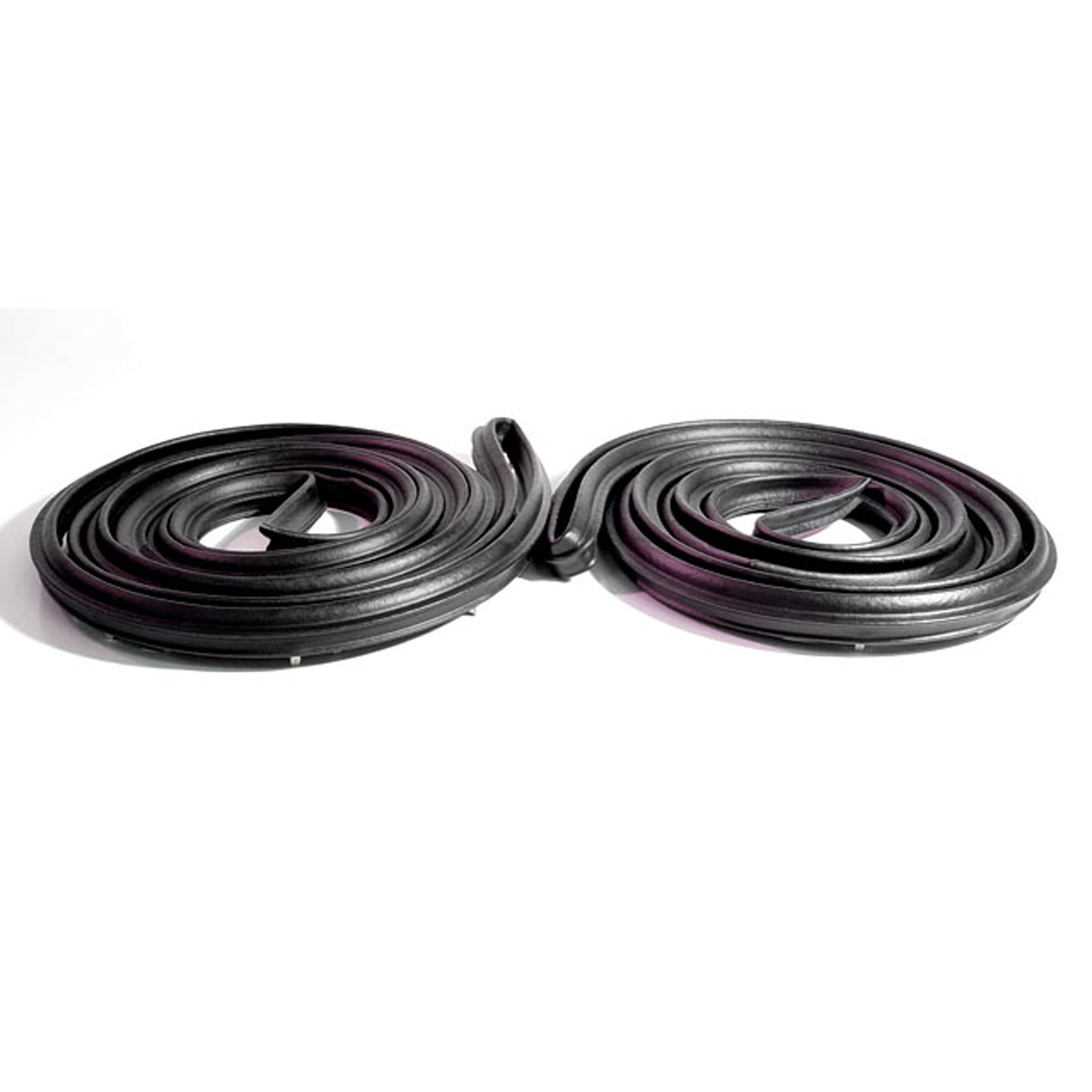Image of 1983 Mazda Rx-7, Note: These illustrations use artistic license and may differ from actual historical models.
Performance Metrics
Fundamental Metrics
Emotional Appeal
MMP Rating
| Engine Specifications | |
|---|---|
| Engine: | 12A Rotary Engine |
| Displacement: | 1.1L |
| Horsepower: | 100-135 hp |
| Torque: | 105 lb-ft |
| Compression Ratio: | 9.4:1 |
| Ignition System: | Electronic |
| Cooling System: | Water-cooled |
| Performance Specifications | |
| 0-60 Time: | 9.2 seconds |
| 1/4 Mile Time: | 16.9 seconds |
| Top Speed: | 120 mph |
| Transmission and Drive | |
| Drive Type: | RWD (Rear Wheel Drive) |
| Transmission Type: | 5-speed manual or 3-speed automatic |
| Fuel and Efficiency | |
| Fuel System Type: | Carburetor |
| MPG: | 20 city / 25 highway |
| Dimensions and Brakes | |
| Brakes: | Front Disc / Rear Drum |
| Wheelbase: | 95.3 inches |
| Weight: | 2,380 lbs |
Note: Specifications for classic cars are given to the best of our ability, considering the limited and variant data available.
Unveiling the Icon: The 1983 Mazda RX-7
The year 1983 marked a significant milestone in the world of sports cars with the introduction of the Mazda RX-7. This sleek machine was not just another addition to the burgeoning sports car market; it was a statement of innovation and engineering prowess from Mazda, a company that dared to think differently. The RX-7, with its unique rotary engine, became an icon of the 1980s and a testament to Mazda's commitment to pushing the boundaries of automotive design.
Design and Innovation
The exterior styling of the 1983 Mazda RX-7 was nothing short of revolutionary. Its low-slung, aerodynamic profile and pop-up headlights captured the essence of speed and agility. The car's design was both functional and aesthetically pleasing, with curves that seemed to slice through the air. Inside, drivers were greeted with a cockpit that prioritized ergonomics and driver engagement. Materials were chosen for durability and comfort, reflecting the vehicle's dual nature as a sports car and a daily driver. Technologically, the RX-7 was ahead of its time, featuring advanced suspension systems and a lightweight construction that contributed to its nimble handling.
Color options for the RX-7 ranged from understated to bold, with Sunbeam Silver Metallic and Maya Gold being among popular choices. The most iconic body style was undoubtedly the two-door coupe, which embodied the pure essence of what a sports car should be.
Historical Significance
The 1983 Mazda RX-7 didn't just turn heads; it turned pages in automotive history books. Its Wankel rotary engine set it apart from virtually all other cars on the market, offering smooth power delivery and high revving capabilities. This innovation not only distinguished it from its contemporaries but also cemented its place as a cult classic among enthusiasts.
Performance and Handling
Performance-wise, the RX-7 was no slouch. With a top speed approaching 120 mph and an acceleration time from 0-60 mph in under 9 seconds, it offered thrills that were hard to match at its price point. Handling was another area where the RX-7 shone brightly; its balanced weight distribution and responsive steering made it a joy to drive on both straightaways and winding roads. The experience behind the wheel was visceral – from the distinctive hum of the rotary engine to the car's eagerness to respond to driver inputs.
Ownership Experience
Owners of the 1983 Mazda RX-7 used their vehicles in various ways – as reliable daily drivers, weekend show cars, or even track racers. Maintenance was straightforward for those familiar with rotary engines, though some parts could be more challenging to source due to their uniqueness. Overall reliability was commendable for a sports car of this era.
Fun Facts
The RX-7 has had its share of limelight with rare editions like the limited-production GSL-SE model enhancing its collectibility. Celebrity ownerships have added to its allure, while appearances in movies have solidified its pop culture status. Despite criticisms over fuel consumption and engine longevity concerns specific to rotary engines, the RX-7 remains beloved by many.
Collector's Information
Today, an original 1983 Mazda RX-7 can fetch anywhere from $5,000 for a well-used example up to $20,000 or more for a pristine model – depending on condition, mileage, and provenance. With over 470,000 first-generation RX-7s produced globally, they are relatively available but are becoming increasingly sought after by collectors.
Conclusion
The 1983 Mazda RX-7 is more than just a classic sports car; it's a symbol of daring design and engineering ambition. Its legacy continues to influence modern automotive design and technology today. For those lucky enough to own one or those who aspire to, the RX-7 remains an enduring icon that captures the spirit of an era when cars were about passion as much as they were about transportation.
1983 Mazda Rx-7 Catalog of Parts
 1983 Mazda RX-7 Front Stabilizer End Repair Kit-BNK 24Front Stabilizer End Repair Kit. 22-piece set for two stabilizer bars. Contains all rubber bushings, washers, bolts and nuts, enough for one front end. Set
1983 Mazda RX-7 Front Stabilizer End Repair Kit-BNK 24Front Stabilizer End Repair Kit. 22-piece set for two stabilizer bars. Contains all rubber bushings, washers, bolts and nuts, enough for one front end. Set 1983 Mazda RX-7 Molded Door Seals, with clips and mitered corners-LM 107Molded Door Seals, with clips and mitered corners. Pair R&L
1983 Mazda RX-7 Molded Door Seals, with clips and mitered corners-LM 107Molded Door Seals, with clips and mitered corners. Pair R&LWhy Choose Metro?
For over 100 years, Metro Moulded Parts has been the pinnacle of quality in classic car restoration parts. Our commitment to precision and authenticity in every component ensures a perfect fit and an OEM-level appearance.
- Expert Craftsmanship & Quality: Each part is a testament to our dedication to reliability and perfection, crafted from original designs and thoroughly tested.
- Advanced Technology: We use cutting-edge techniques to create flawless, long-lasting parts that surpass others in performance.
- SuperSoft Sponge – The Ultimate Door Seal: Not only are our door seals 30% softer than competitors', but they're also guaranteed to never leak. They effectively reduce wind and road noise, enhancing your classic car's comfort and driving experience.
- Proudly American: Our parts are a product of American craftsmanship, made in the USA with a spirit of excellence and heritage.
- Unrivaled Warranty: We back our products with a 30-year industry-leading warranty, a testament to our confidence in their quality.
Join us in preserving the legacy of classic cars with parts that are crafted for perfection, not just made.

